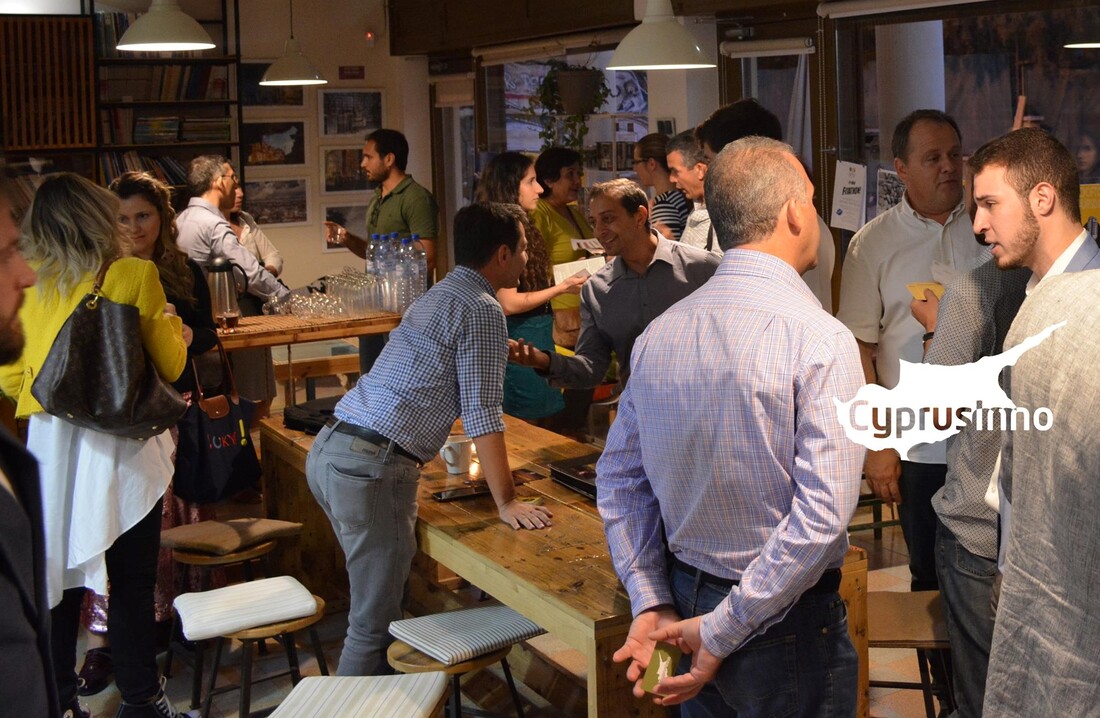|
PEACE through ENTREPRENEURSHIP - How Businesses can be a Force for Unity. During the Cold War, Germany’s Bavarian Forest National Park and the Czech Republic’s Sumava National Park were separated by electric fences, barbed wires, watchtowers and heavily-armed guards. In 1989 these barriers were removed, so protected animals such as red deer could roam safely and freely in the entire territory. Despite the change, herds of deer on either side of the border still remained hesitant to cross the Cold War line. Czech and German zoologists monitored the deer migration behavior with GPS satellite collars. Even after a generation, where no living deer would have encountered the barrier in their lives, Cold War behavior persisted among these otherwise thriving herds. * For those not familiar with Cyprus politics, the country is politically divided, movement is restricted and there are two different authorities and sets of laws. A “Green Line” with Turkish, Cypriot and UN troops’ presence, constitutes a physical barrier between the two sides. Negotiations for unification and peace have not to date succeeded. The people of Cyprus, who are mainly of Greek or Turkish culture, live mostly apart. Most real contact between the two sides happens through NGOs, political and peace activists advocating re-unification. Efforts to initiate meaningful business relationships have floundered on laws and political positions jealously guarded by each side. Enter CyprusInno, an intercommunal organization founded by Burak Doluay and Steven Stavrou, a Turkish-Cypriot and a Greek-Cypriot, committed to promoting innovation and entrepreneurship throughout the island. CyprusInno and the British High Commission, with the help of data analyst Aysem Zorlu, conducted an island-wide survey published in March 2020 on the entrepreneurship ecosystem in Cyprus**. The survey highlights similarities and differences across the divide, reflecting views on economic conditions, prospects and many related issues. The most striking outcomes refer to perceptions of the divide. The authors write:
“Cyprus has a very unique, often overlooked context of entrepreneurship in a post-conflict society. While this creates challenges, it also poses great opportunity. If we can work together island-wide, we can serve as a model for the rest of the world on how a collaborative and cooperative society through innovation and an entrepreneurial mindset can build a more peaceful and prosperous nation. Business collaboration across the Green Line is one of those collaboration mechanisms. Therefore, we asked the tough questions to see who knows about Green Line regulations for trade, who is using them, and who is interested in using them to collaborate island-wide.” In fact very few companies conduct business across the Green Line which is possible under certain regulations. Barriers cited were the implementation of regulations by officials, red tape and the onerous process of physically crossing the divide. They also cited a deficit of trust and fears that nationalists and institutions might ostracize them. Three promising areas, if addressed properly will enhance business co-operation between the two sides. First, removing or minimizing unnecessary procedures of Green Line commerce, will give those few businesses that are already collaborating across the divide, a welcome boost. Others will be sure to emulate. Reducing red tape is surely not too hard to achieve in a digital age, even without a grand vision. Second, in the age of services and online technology, many business sectors do not depend on the physical movement of people and materials. Platform technologies are used to hail taxis, prepare accounts, enjoy music and so much more. If authorities are not gutsy enough, and established companies are too slow to take on digital challenges, what about our budding techie start-ups? Third, the dynamic development of business collaboration, for common gain and prosperity, will in itself boost confidence and trust. The innovation here is to mobilize the mindsets of politicians and officials to make this issue a priority. Building an ecosystem for entrepreneurship for the whole country is possible and makes good economic sense. Entrepreneurship and innovation are by definition about new things, about making change happen. It’s about acting like humans who eliminate barriers from their minds rather than herds of animals. In anticipation of a unifying solution for Cyprus, let businesses be part of the solution by promoting the culture change that is so eloquently underscored in this survey. * I am very grateful to my friend Vladimir Vulic for providing this case example. **Cyprus Island-wide Entrepreneurship Ecosystem Analysis Report can be downloaded from https://cyprusinno.com/report2020/
1 Comment
|
LATEST POSTS
Archives
July 2021
|

